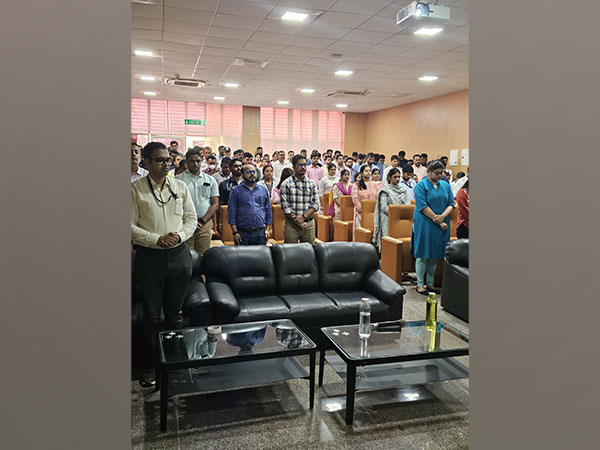Legacy of Singur: How One Car Project Redefined West Bengal's Future
The Singur incident in 2008, led by Mamata Banerjee, marked a turning point in West Bengal's industrial landscape as Tata Motors withdrew its Nano project. It highlighted issues of land acquisition and rural politics, impacting the state's economic prospects and reshaping political dynamics for years.

- Country:
- India
The announcement of Tata Motors' withdrawal from Singur in 2008 marked a significant shift in West Bengal's industrial trajectory. Ratan Tata attributed the decision to Mamata Banerjee's resistance to land acquisition, a move that altered the course of the state's economic future.
Despite efforts at mediation, the conflict between Tata Motors and Banerjee continued, with the latter gaining political capital from her staunch opposition to the project. This incident played a crucial role in reshaping West Bengal's political landscape, favoring Banerjee in subsequent elections.
While the industrial promise of Singur was lost, the movement left a lasting impact, signaling caution to potential investors and altering West Bengal's development narrative. The legacy of Singur continues to be a pivotal case study in balancing industrial growth with socio-political considerations.
(With inputs from agencies.)
ALSO READ
I find it bizarre that even on such issues politics is raised: Cong MP Singhvi after 'recovery' of cash from his RS seat.
Uproar in RS after Rs 500 notes found in Singhvi's seat, Cong MP says 'bizarre' politics
Disasters should not be about politics; people of Wayanad don't need excuses: Priyanka
Robert Vadra Advocates for Secular Politics Amid Rising Communal Issues
Maharashtra Politics: Power, Protest, and Pomp in Oath Ceremony










